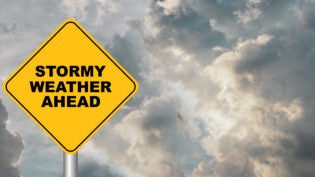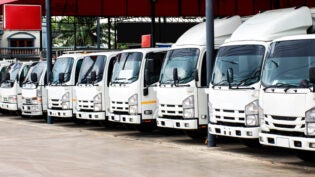
We all put a lot of time and energy into preventing disasters. We install smoke detectors, wear seat belts, and exercise regularly; we insure our homes, vehicles, businesses, lives, and health.
Despite our best efforts, though, we still carry some exposure that could come crashing down someday. The only way we can position ourselves for the best possible recovery is to prepare for the crisis ahead of time.
The keyword is “prepare.” There are many things we can do to react to a crisis, but by that time, it’s often too late.
A Fatal At-Fault Accident
One example is the tragedy of being at fault in a fatal car accident. In the minutes and days after it happens, some crucial things must happen for the best outcome. First, of course, render aid. Call authorities and do what you can to provide medical assistance.
At the first opportunity, contact an attorney. Litigation will be likely, and you must prepare for it. Long before the accident even happens, make sure your insurance, license, and registration are valid. Keep your vehicle in good condition, and make sure you abide by traffic laws.
Losing Everything in a Fire or Natural Disaster
What about a house fire? What if a blaze, earthquake, or hurricane destroys everything you own? Before the first wisp of smoke appears, you can prepare. Make sure critical documents like bank and insurance information are secured in a fireproof safe. Scan treasured photos into a computer and store them in at least two different physical locations. Have escape routes for your kids, practicing them at least monthly.
Review your insurance policy periodically to make sure it keeps pace with the value of your home and its contents, and have contact info for your agent stored in your email or some other virtual location.
Tragic Health-Related Scenarios
The crisis could come in the form of a health issue, like cancer. Preparation can make a world of difference in this situation. Understand your family history and risk factors so that you can be alert to the highest risks you carry. Investigate options for specialized cancer insurance policies or riders to help you cover expenses like hospitalization, lost income, copays and deductibles, and travel expenses for you and your family.
Have plans to keep your family, business, and civic groups functioning if you ever have a prolonged absence for something like cancer treatment. Last but not least, keep yourself healthy. You may not be able to avoid cancer, but you can keep your body in top condition to fight it with exercise, diet, and management of other conditions.
Financial Collapse
Another type of crisis is a financial collapse. Almost everyone has at least some money in the stock market, whether it be a defined contribution pension plan or simple ownership of shares. Preparing for incidents like those in 2008 and 1991, among others, is essential.
As you near retirement, begin to shift your assets away from volatile stocks and into stable instruments like bonds. If something does happen to your holdings from Wall Street, don’t panic. You’re only losing value if you sell. Hang on to those stocks and give them time to recover. Ensure you have planned to have enough funds elsewhere to keep you from needing to cash out your shares in the short term.
Scandal & Disgrace
A final example is scandal-related job loss. Preparation will be vital in getting you back in the workforce. Because such an event could preclude any return to the same field, your diversification of skills and qualifications before the firing will be essential.
Think about your Plan B–what might you like to do if you have to make a big career shift? Pursue the degrees, certifications, and experience it will take to get that job. Begin networking with others in the field. You should also prepare yourself financially to be without a paycheck for a long time. No matter how qualified you are for that Plan B, you still may need some time to find the job and get your first paycheck from it.
A lot of these scenarios are things that nobody likes to think about, but thinking about them can take away much of the risk. Preparation will help you recover from a crisis financially, physically, and emotionally as quickly as possible. Think ahead and plan ahead.
2247 Views












